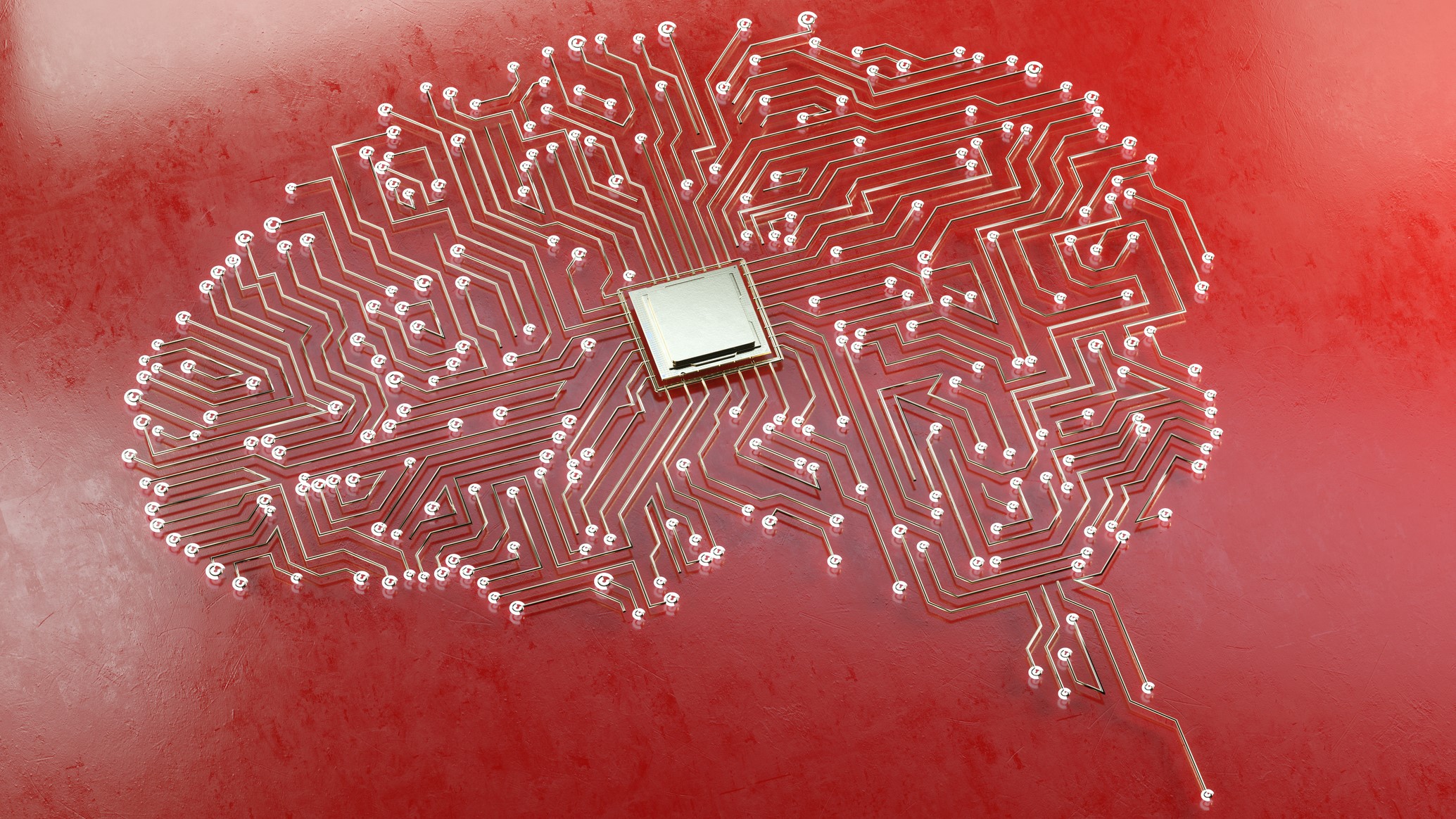
Remember when PCs were just lovely big beige boxes that sat in the corner of the room, and you'd use them for gaming or the occasional internet session? The people of the future will look back on us like cavemen with charcoal, because in the future they're all gonna be walking around with mini-PCs in their brain matter.
That's one possible future, anyway, and the would-be pioneer (in the West, at least) is Neuralink. Elon Musk's brainchip firm has now received approval from the US Food and Drugs Administration (FDA) to begin conducting tests on humans: The first time this will ever happen (that we know of, anyway). The cyberpunk future is now.
"We are excited to share that we have received the FDA’s approval to launch our first-in-human clinical study," said Neuralink. "This is the result of incredible work by the Neuralink team in close collaboration with the FDA and represents an important first step that will one day allow our technology to help many people."
The news may come as a surprise to some because, per a Reuters report in March, the FDA rejected a previous Neuralink bid on safety grounds. There's no detail on what, if anything, was different this time around.
Musk co-founded Neuralink in 2016, and its initial goal was to have chips in human brains by 2020. When this date came and went the goal was moved to 2022, and now here we are. The ethical implications of what Neuralink is about to do to human beings are obviously gargantuan in proportion, though that conversation hasn't really started yet.
One current ethical controversy, however, is the company's use of animals up to this point. Late last year the US began an investigation into allegations that animal testing was being rushed, causing needless suffering and death. The complaint specifically concerns "invasive and deadly brain experiments conducted on 23 monkeys". Reuters further claims to have seen documents alleging that since 2018 the company has killed roughly 1,500 animals including monkeys, pigs and sheep.
Neuralink denies claims of animal cruelty, and says it works with animals in the "most humane and ethical way possible".
The company says that recruitment is "not yet open for our clinical trial". I'm sure it won't be short on takers, but let's just say my luddite intention is to die without my skull having been opened in order to insert a microchip.
Neuralink's ostensible goal is to help restore vision and mobility to people whose brains have trouble with such functions, and to help people with disabilities use computers and other tech. Or that's where it starts anyway, before half the planet is walking around talking about how good-looking and witty Elon Musk is. I'm not sure anyone asked for this.







